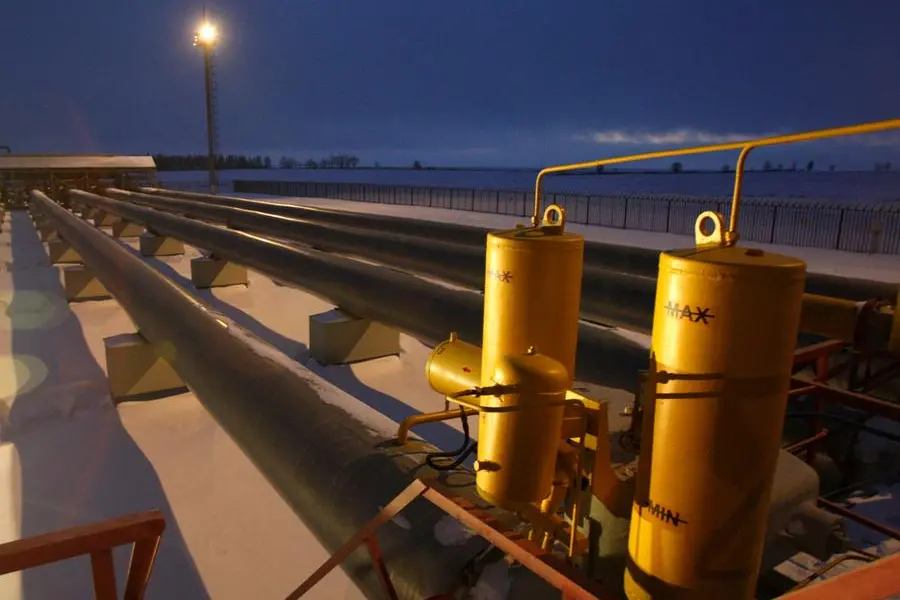PHOTO
The latest sanctions imposed by the European Union in retaliation for Russia’s invasion of Ukraine will cause massive disruptions to the global oil market, according to a new analysis.
The European Council on Tuesday announced the sixth set of sanctions that will finalise a ban on almost 90 percent of all Russian oil imports by the end of the year.
The oil embargo is expected to fuel more inflation, raise energy bills of consumers and “complicate” global central banks’ task of adjusting interest rates without tipping economies into recession, according to Moody’s.
The disruption to the oil market will be the biggest since the Yom Kippur war in the 1970s, when the price of oil nearly quadrupled following an oil embargo by the Organisation of Arab Petroleum Exporting Countries (OAPEC).
Oil embargo
The oil embargo is expected to cover 90 percent of the EU’s imports by the end of 2022. According to Moody’s, a fully implemented EU ban on Russia, together with the bans imposed by the United States and United Kingdom, would cut Russian exports by as much as 55 percent to 3.3 million barrels per day.
This will deprive the country of $153 billion in annual revenue, Moody’s said, adding that 4 percent of the global oil supply will also be wiped out.
“Because the EU now views Russia as an unreliable supplier, it is unlikely that the bloc will resume its purchases of Russian crude oil even when the invasion ends. Russia will have to build pipelines to new customers in Asia, but that will take years. In the meantime, 4 percent of global oil supply will be erased,” Moody’s said.
A separate analysis by S&P had estimated that the sanctions would hit some 2.1 million barrels per day (bpd) of Russian crude imports within six months. Another 1.2 million bpd of refined product imports could case by the end of the year.
The Organisation of the Petroleum Exporting Countries (OPEC) and allies agreed on Thursday to pump more oil into the market and raise production by 648,000 bpd in July and 648,000 bpd in August.
(Reporting by Cleofe Maceda; editing by Seban Scaria )





















